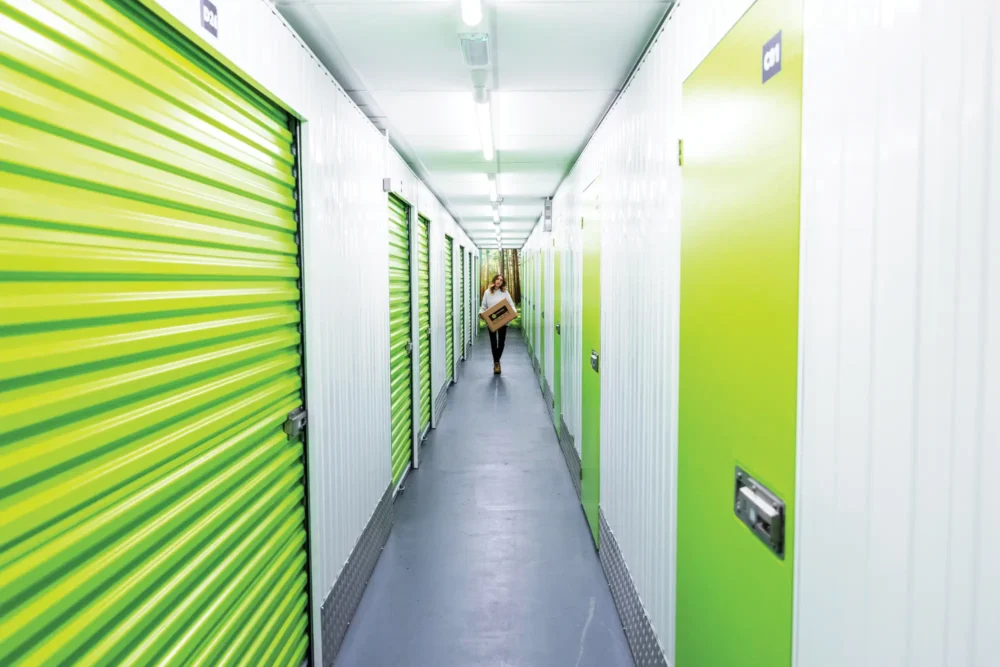News & Blogs
Stay connected with the latest in the world of self storage! From insightful articles and expert tips to exciting project updates and in-depth reports, this is your go-to hub for all things self storage. Explore, learn, and stay ahead with our freshest content.
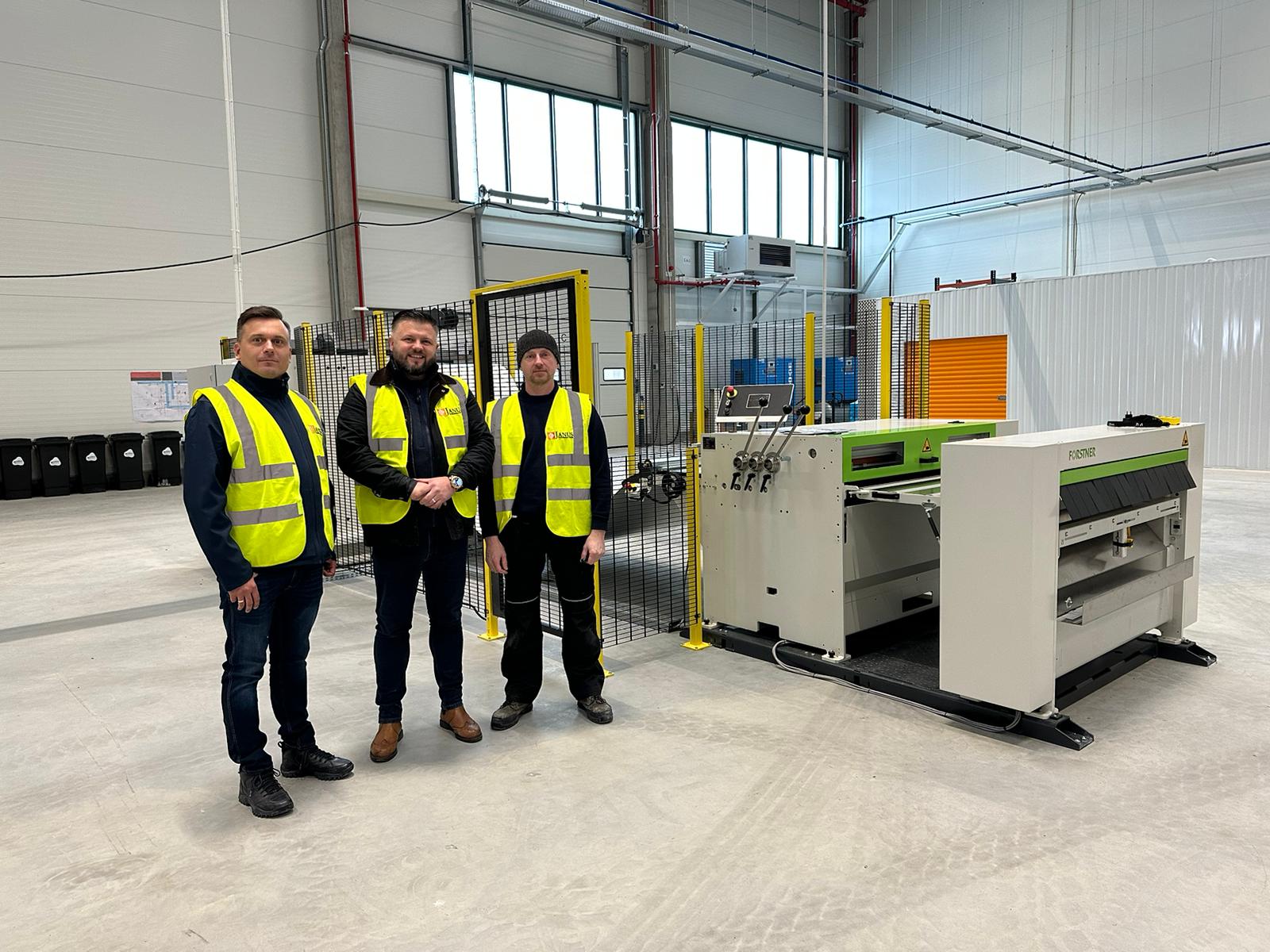
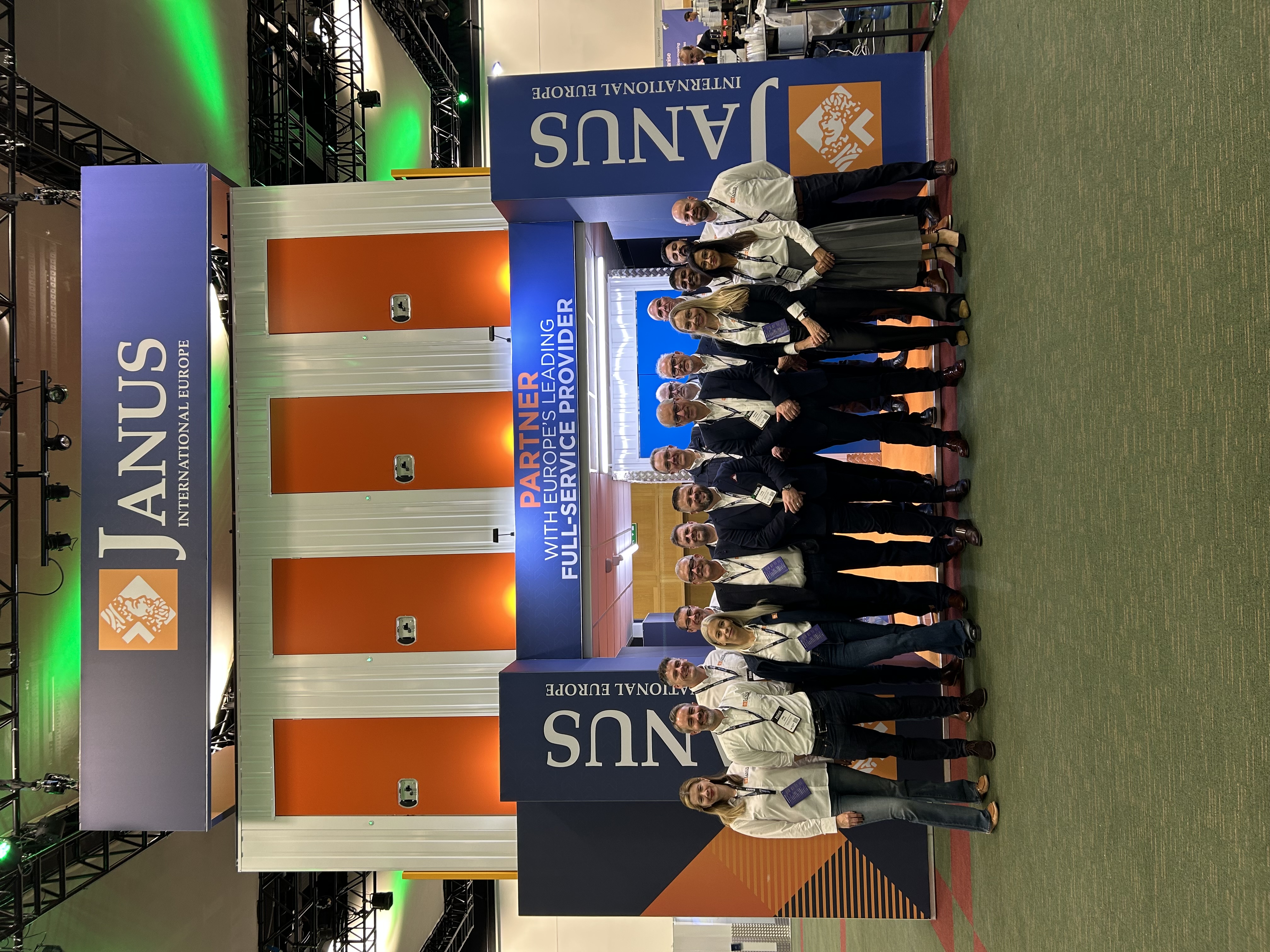
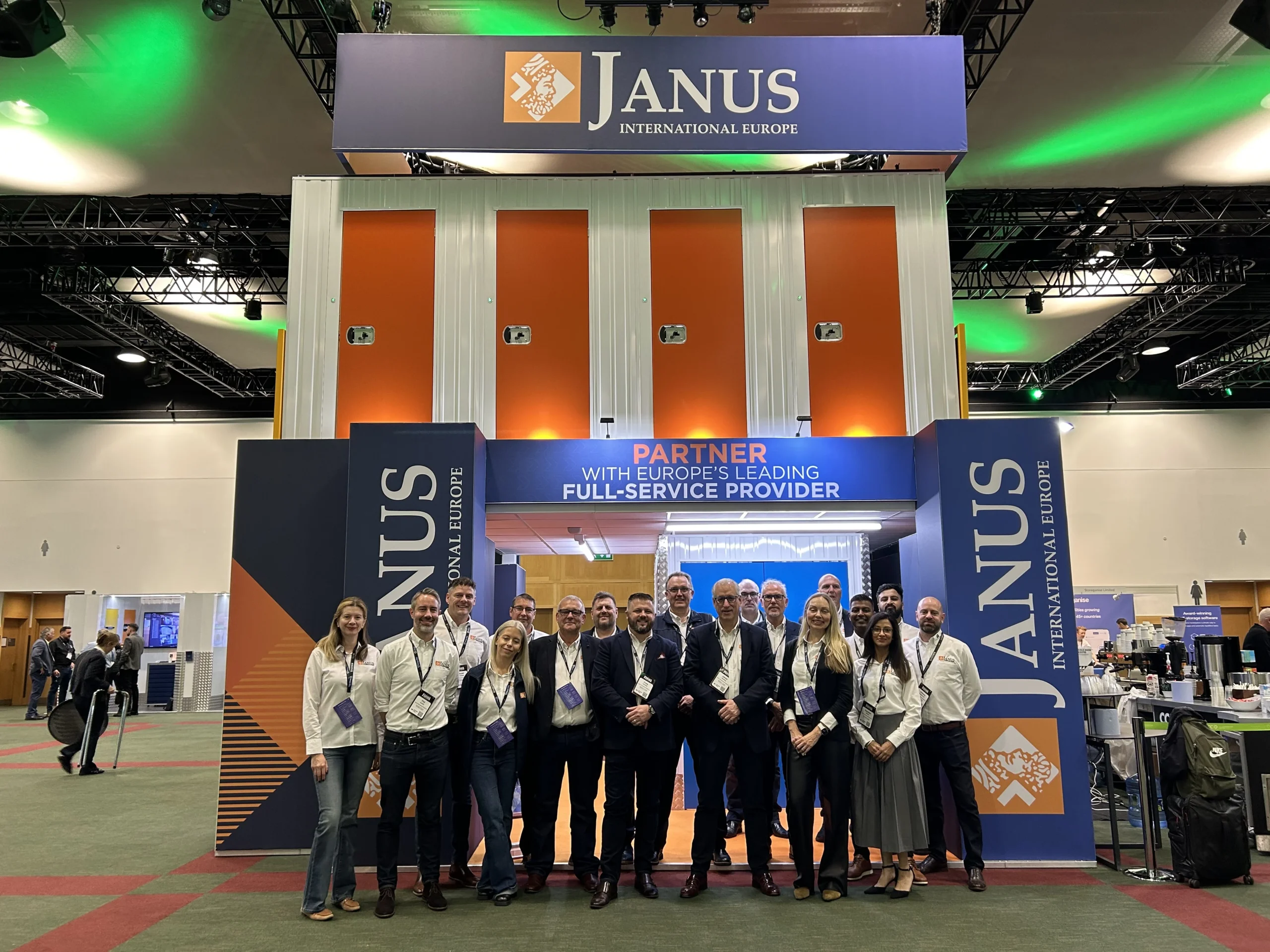

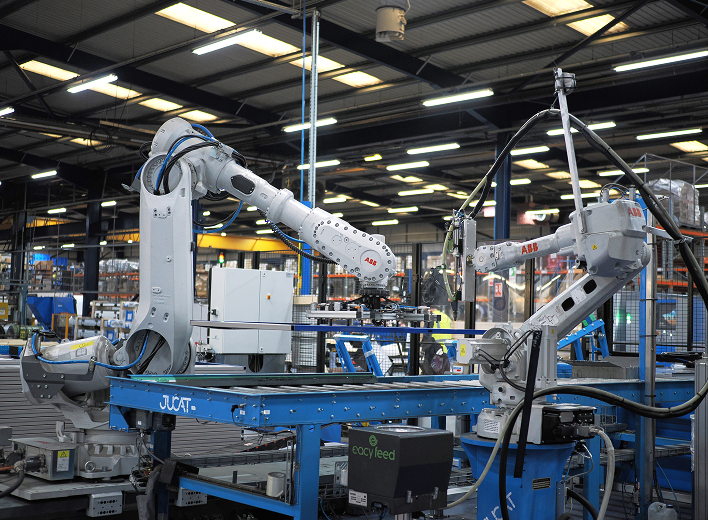






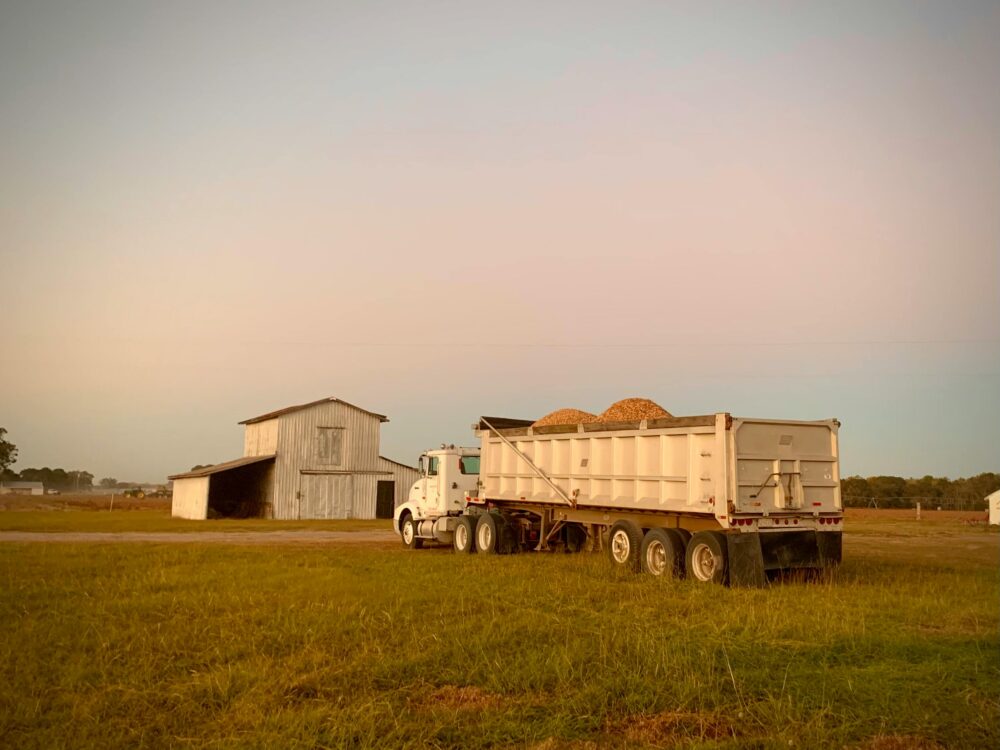
Get in touch
Whatever your requirement or the size of your business, we’re here to help. Our team of experienced self storage professionals can provide a complete end-to-end solution tailor-made for you, so get in touch today.
